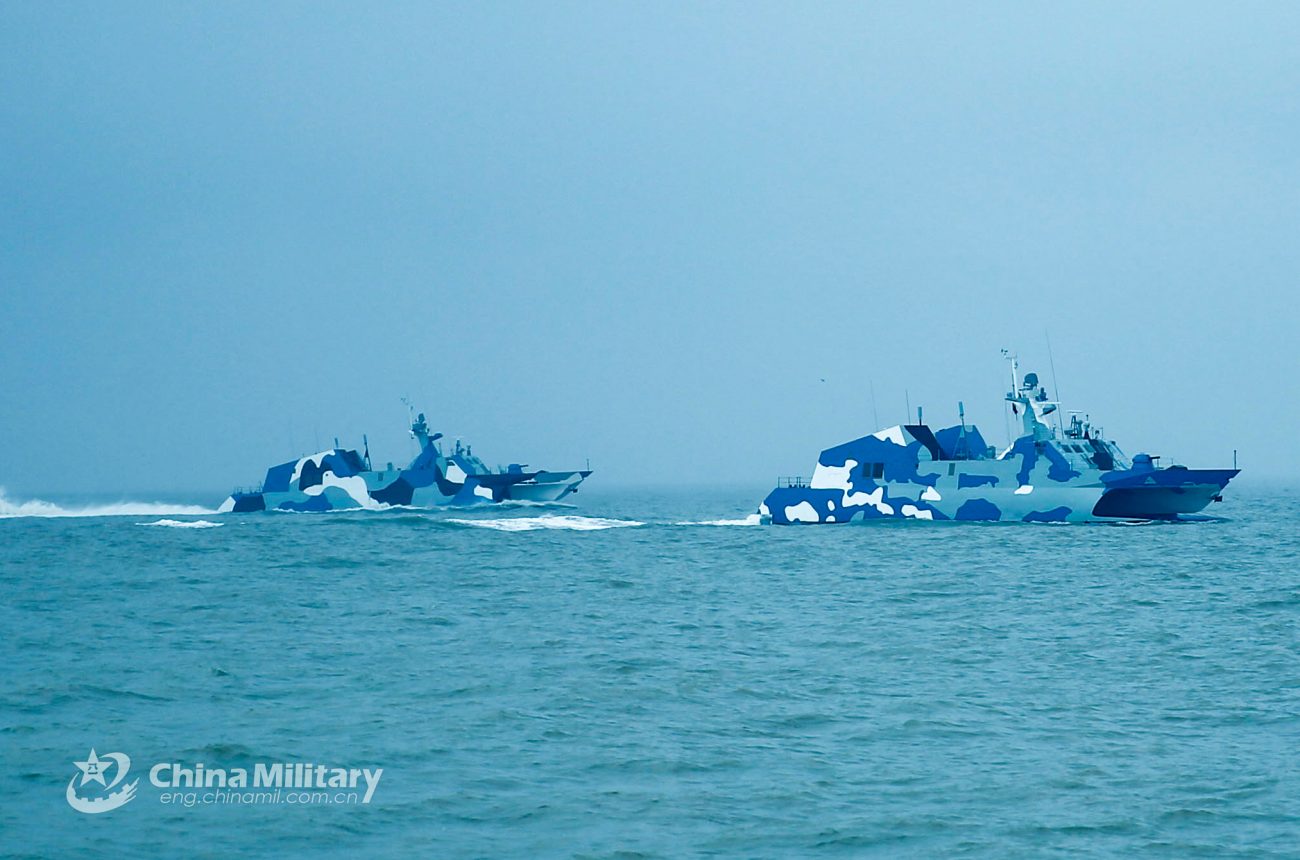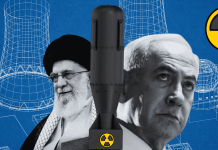In a recent scenario orchestrated by a Japanese think tank, a tabletop exercise envisioning a hypothetical Chinese invasion of Taiwan took a surprising turn as Taiwanese troops were reported to have decisively countered and “annihilated” the PLA special forces.
On July 15-16, the Japan Forum for Strategic Studies (JFSS) conducted a compelling two-day tabletop exercise, creating a speculative scenario of a Chinese military incursion into Taiwan in 2027.
Notably, General Huoh Shoou-yeh, a highly decorated four-star Taiwanese Army officer and Chair of the INSDR (Institute for National Defense and Security Research), actively participated as an observer during this simulation.
Su Tzu-yun, a scholar from the government think tank Institute for National Defense and Security Research (INDSR) who participated in the event, shared this information during a phone interview with CNA.
According to Su, the Taiwanese military effectively and completely neutralized the invading Chinese special forces during the simulation, leading to their “complete annihilation.”

Moreover, the participation of a joint command group headed by retired foreign generals also recognized the Taiwanese military’s capability to execute counter-decapitation missions, further showcasing their strategic prowess in dealing with potential threats.
Regarding the process of China’s military invasion of Taiwan in the tabletop exercise, Su clarified that the focus remained at the strategic level and did not delve into specific combat details.
The simulation depicted the PLA’s landing operation from New Taipei City’s Bali District to Hsinchu City’s Nanliao Fishing Port.
However, the Taiwanese military effectively countered the invasion, annihilating most of the landing forces, with only a few remnants captured at the beachhead.
Despite the UN and other international organizations proposing a truce, Taiwan, along with the support of the US and Japan, refused the offer and reached a consensus that they would only agree to a ceasefire once they had successfully driven back the PLA forces entirely.
Su further noted that this scenario closely mirrors the central theme of Taiwan’s annual Han Kuang military exercises. Taiwan holds its annual drill, which comprises a series of exercises focused on several key objectives.
These exercises involve defending the island’s primary international airport against potential attacks, thwarting amphibious landings, and ensuring the unimpeded access of sea lanes in response to a simulated blockade imposed by China.
The annual drill serves as a crucial opportunity for Taiwan to enhance its defense capabilities and readiness to address various security challenges, further strengthening its commitment to safeguarding national sovereignty.
Details Of The Tabletop Exercise
The INDSR provided additional insights into the war games scenario through a Facebook post. The exercise encompassed three stages.
In the initial stage, the Chinese Communist Party engaged in cognitive warfare and cyberattacks against Taiwan and Japan, disrupting undersea cables around Taiwan and the Sakishima Islands.
Chinese fishermen also landed on the Senkaku (Diaoyutai) Islands in Japan. As the conflict escalated, the second stage saw the situation evolve from a crisis in Taiwan to a perceived threat to Japan’s security.
In the third stage, the PLA launched a full-scale military invasion of Taiwan, targeting its main island and outlying territories and carrying out missile attacks on US military and Japanese Self-Defense Force bases in the region.
Similar to Su’s account, the INDSR post affirmed that the war games concluded with Taiwan successfully halting the PLA’s further advancement into its territory, with support from the United States and Japan.

The exercise involved key Taiwanese participants, including INSDR Chairman Huoh Shoou-yeh, INDSR Deputy CEO Lee Ting-sheng, and INDSR’s Division of Defense Strategy and Resources Director Su.
Japan’s representation included several current House of Representatives members and former Self-Defense Force generals, such as former Defense Minister and current House of Representatives member Itsunori Onodera. Additionally, numerous scholars and retired military officials observed the events.
Representing the United States, Kevin Maher, a former head of the Office of Japan Affairs at the State Department, played the role of the US president during the two-day war game simulation.
Su hailed the simulation as a successful endeavor and announced that the INDSR plans to foster further in-depth dialogue among the three countries in the future. However, specific details were not disclosed at this time.
- Contact the author at ashishmichel(at)gmail.com
- Follow EurAsian Times on Google News




